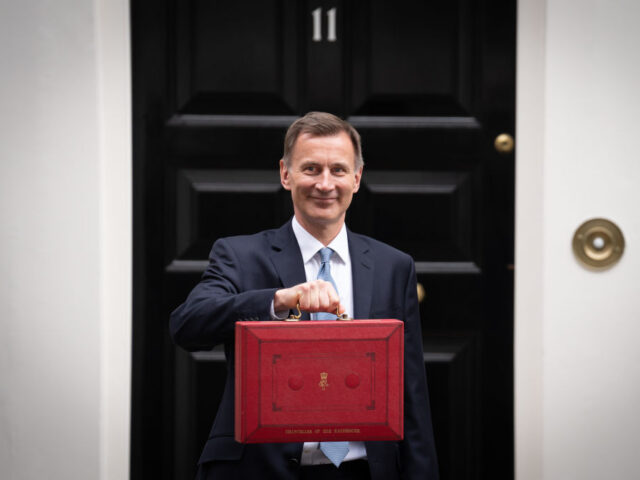The UK government’s independent economic forecasting body says the country is to avoid technical recession this year and will grow in coming years, a feat the finance minister claims is informed by both international factors, and his own policies.
In news that may calm markets as concern about a banking crisis rises with attention shifting from the collapse of the Silicon Valley Bank in the past week to the scrutiny of one of the world’s largest banks, Credit Suisse, the UK is to defy expectations and avoid a technical recession this year, the government says.
The news comes as part of Chancellor of the Exchequer (the historic formal name for the UK’s finance minister) Jeremy Hunt’s budget announcement today, and is based on figures from the government’s Office for Budget Responsibility (OBR). While the OBR is government funded, it is otherwise said to be an arms-length statutory body charged with producing independent economic advice and analysis of the government’s plans.
While the OBR’s track record on actually making successful economic predictions is questioned by some, its pronouncements are nevertheless generally treated as gospel within the British political establishment in Westminster.
Not consulting the OBR over its plans to cut taxes and go for growth was a key factor in the collapse of the British Liz Truss government last year, which was replaced by the present Rishi Sunak – Jeremy Hunt government which favoured much higher taxes.
Speaking to Parliament today, Hunt said of the OBR’s forecast: “In the face of enormous challenges I report today on a British economy which is proving the doubters wrong… Today the Office for Budget Responsibility forecast that because of changing international factors and the measures I take, the UK will not now enter a technical recession this year.
“They forecast we will meet the Prime Minister´s priorities to halve inflation, reduce debt and get the economy growing. We are following the plan and the plan is working.”
Hunt said the UK economy would contract by 0.2 per cent this year but would grow every year after that through to 2027, peaking at a predicted 2.5 per cent in 2025. Inflation was to fall considerably, he said, without unemployment rising more than one per cent.
As well as the OBR, the chancellor also cited the International Monetary Fund, who he said that “our approach means the UK economy is on the right track.”
While budgets typically contain tens of dozens or hundreds of measures, one characteristic of today’s budget is an effort to increase the supply of labour in the UK by getting people — including retirees and parents of young children — into the workforce. Included in the measures to discourage people enjoying early retirement or the first years of their children’s lives, the government will extend free childcare from three-year-olds right down to nine-month-olds, and increase the amount of money that can be put into pensions before they are taxed.
These changes have to be funded: the government will increase corporation tax on the largest business from 19 to 25 per cent.

COMMENTS
Please let us know if you're having issues with commenting.